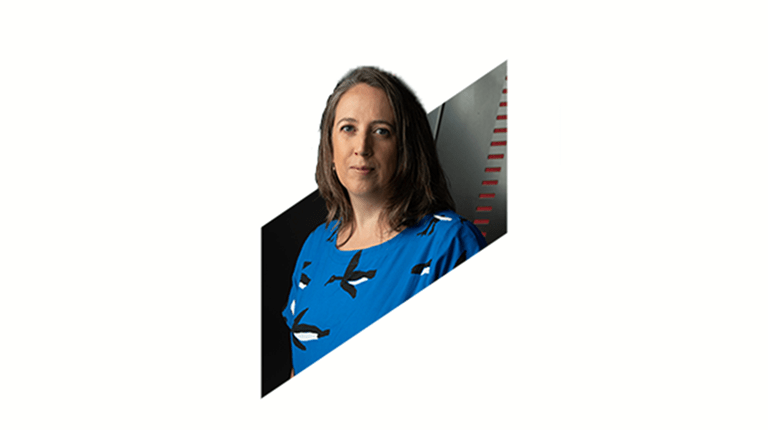Dr Michelle Boyle - Biography
QIMR Berghofer Medical Research Institute/Burnet Institute
2023 CSL Centenary Fellow

Dr Michelle Boyle has discovered how our immune response to malaria can be disrupted by the malaria parasite, reducing the effectiveness of vaccination in children in malaria-affected communities.
Now, with the help of the $1.25 million CSL Centenary Fellowship, she will work to bypass the parasite’s suppression of our body’s defences and boost our immune response to malaria. Her research may also help improve vaccines for other chronic diseases.
Over the past twenty years we’ve successfully reduced malaria deaths worldwide. But it still kills more than 627,000 people and infects more than 240 million people each year, keeping many of them in poverty. Children are particularly susceptible.
“Despite decades of research, the single licenced malaria vaccine has only about 20 per cent efficacy in children in high malaria regions,” says Michelle. “A recent experimental vaccine was nearly 100 per cent effective in preventing malaria in previously unexposed people but failed to produce any protective response in children already exposed to malaria.”
Her team, working at the QIMR Berghofer Medical Research Institute in Brisbane, studied T follicular helper cells (Tfh) which are found in the tonsils and spleen and help B cells produce antibodies against pathogens.
“We found that a particular group of these Tfh cells drive functional antibody development in human malaria infection. And we found that during malaria infection these cells are not activated optimally, especially in children.”
Now Michelle will use her CSL Centenary Fellowship to set up a new group within the Disease Elimination Program at the Burnet Institute in Melbourne. She plans to investigate how malaria disrupts the Tfh cells, and determine ways in which she can overcome this disruption and boost the immune response to malaria.
Studying the function of these cells during malaria infection or after vaccination has been challenging, but Michelle has developed two approaches.
She will investigate single cells in the tonsils and spleens from people who currently have or have previously had malaria. Using multiple omics approaches she hopes to identify the specific impacts of malaria.
Then she will work with tonsil and spleen organoids – groups of human cells grown in a petri dish – to determine how she can influence the development of Tfh immune cells and elicit a strong immune response.
In order to reach the World Health Organisation goal of a malaria vaccine with 75 per cent efficacy by 2030, large and rapid breakthroughs in human malaria vaccinology will be required. Michelle hopes that her research will make a significant contribution to this goal.
She also hopes that, by better understanding how these Tfh-cells function and are affected by infection, that her work will inform development of more effective vaccines both against other chronic diseases, and in individuals who have weakened immune responses such as the elderly or those who are immunocompromised.


